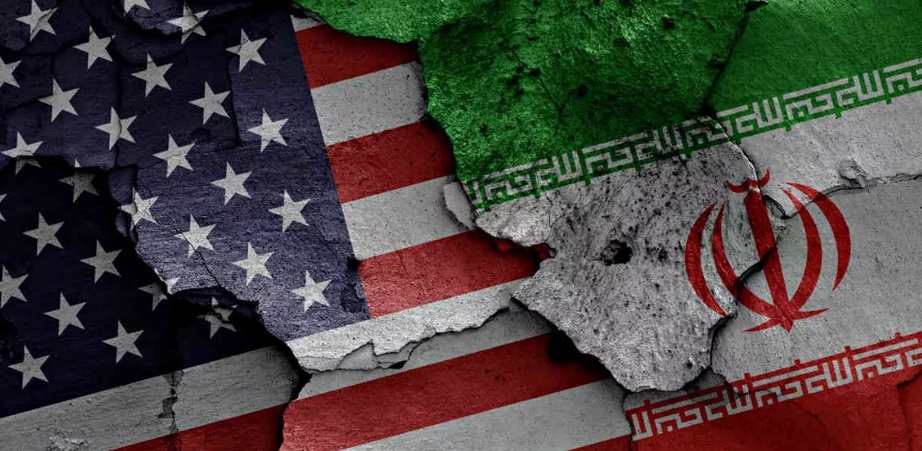SAEDNEWS: The failure of the JCPOA stemmed from Iran’s rejection of the existing international order, which goes beyond uranium enrichment. Without accepting this fundamental premise, negotiations with Iran remain largely ineffective, fragile, and limited in scope.

According to Saed News; The main reason for the failure of the JCPOA was that such a premise either did not exist or was implicitly accepted; but in practice, it was violated. In other words, the issue for the UN Security Council and the West was not only Iran’s uranium enrichment, but also Iran’s approach in opposing the international order — an order that Iran considered unjust and sought to change, with enrichment serving as an important component in this path of confrontation with the global system.
For example, India and Pakistan, beyond enrichment, even produced nuclear bombs and endured little pressure, because they sought these bombs to counter each other, not to challenge or alter the global order. Both countries more or less define themselves within the existing order.
The assumption of any international negotiation is acceptance of the existing world order. This order is based on the UN Charter, the existence of the five veto-wielding powers, and respect for compliance with its binding resolutions.
It is better to say that one may refuse to accept its resolutions and decisions, but one cannot practically oppose them.
Negotiations between Iran and Europe, the United States, and even China and Russia, if based on acceptance of this premise, are logically effective. The effectiveness may be sooner or later, but it is inevitable.
The content of the agreement is determined by the power of the parties and the logic operating in this system. Otherwise, the beginning of any negotiation leads only to wasted time or temporary and limited achievements. What we now understand from Iran’s foreign policy is that this assumption has still not been accepted. Therefore, the negotiations are useless, and in the case of a potential agreement, it will be very fragile and limited in scope. Time — both of the state and of the people — should not be wasted.

